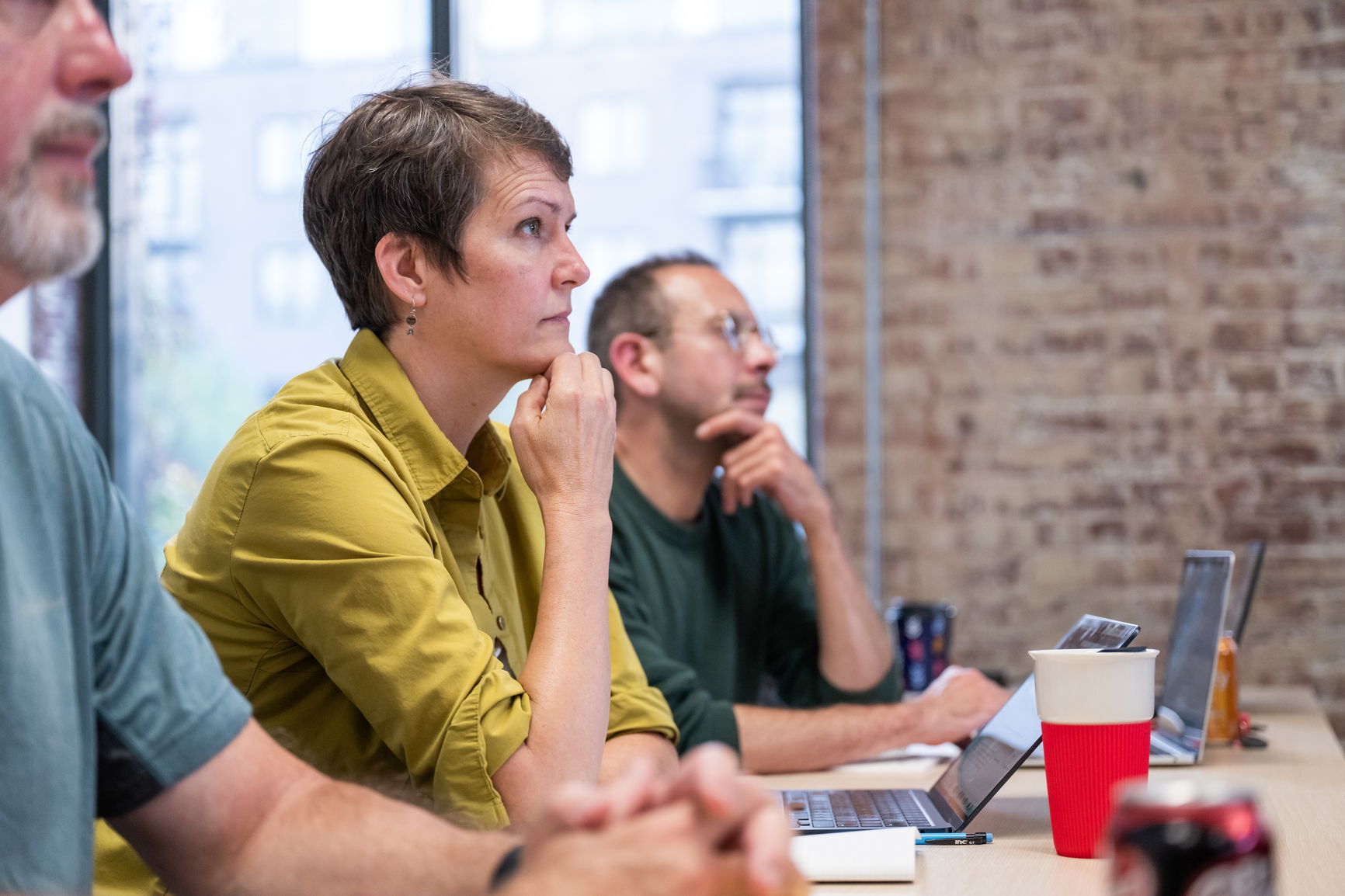Grading
Students will be expected to attend all scheduled classes of the program. In addition to graded assignments, a final team project and course evaluations will all contribute to the grading system. Students who successfully complete the entirety of the program courses will receive a Utility Management Certificate completion. Students may also be eligible for graduate academic credit upon request.


